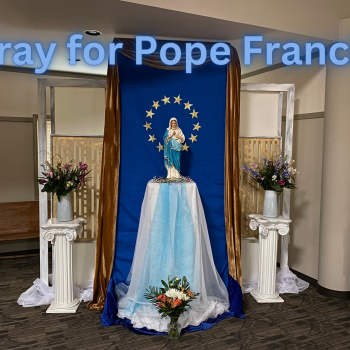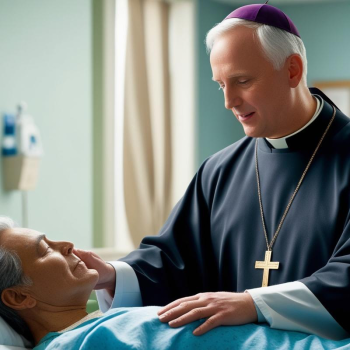The Litany of St Joseph in Song
PLEASE NOTE: The escalators are out of order in the Jack Singer Concert Hall. We’re here to help! Click here or call 403-294-9494 for mobility assistance.
God Squad Canada invites you to the World Premiere performance of the Litany of St. Joseph in Song.
This fun and family-friendly musical event is of interest to all men, women, and families who appreciate the beauty of the Catholic faith with voices set to music and raised in praise.
This event honors St. Joseph, Patron Saint of Canada. Our aim is to enrich the spiritual lives of Catholics worldwide. The Litany of St. Joseph in Song is a testament to the enduring power of music to inspire and uplift.
You will also experience performances from select choirs representing all corners of the Calgary Catholic Diocese. The evening will culminate with the first public performance of this highly-anticipated original work by Alberta’s own award-winning and accomplished conductor Carlos Foggin.
This Premiere coincides with the 2025 Jubilee Year Celebrations as Pilgrims of Hope within the Diocese of Calgary and world-wide. This is a once-in-a-lifetime opportunity you won’t want to miss.
We are looking forward to sharing this experience with you. Purchase your tickets now for yourself, friends and family.
Get Tickets

Community Dance Music






